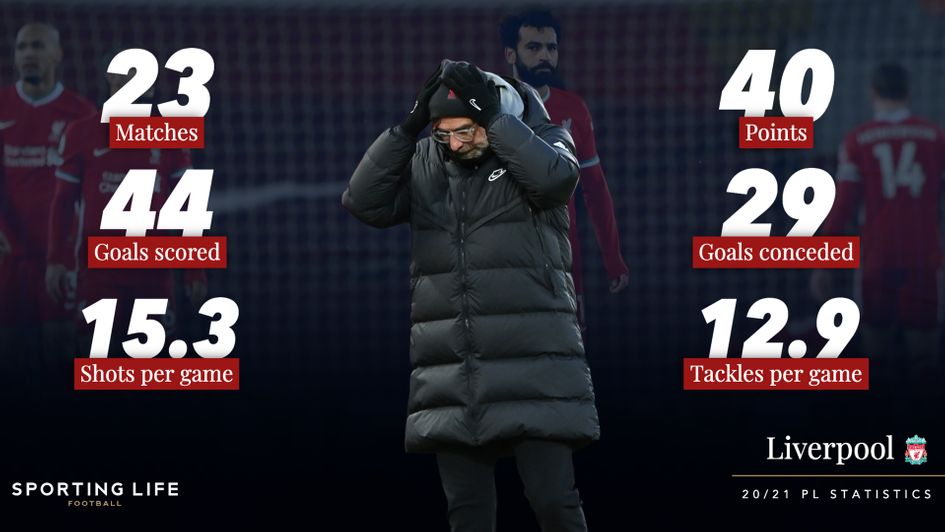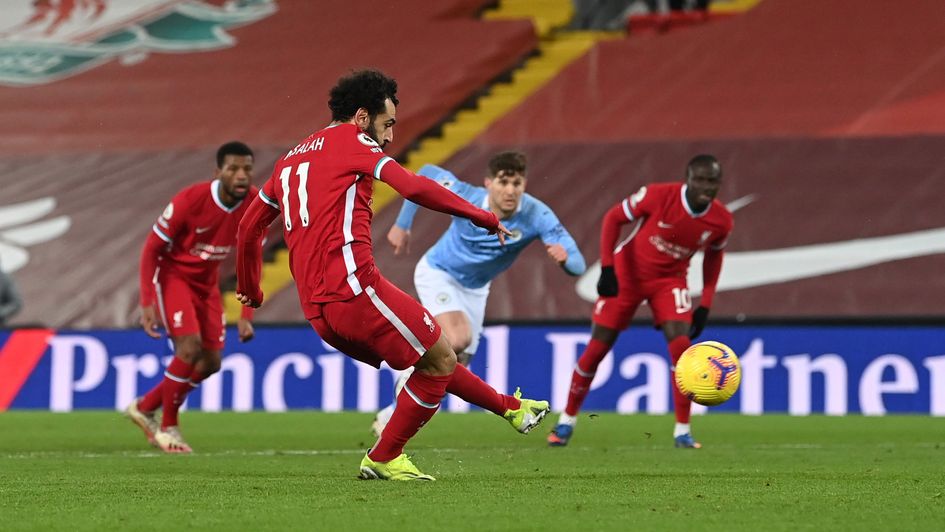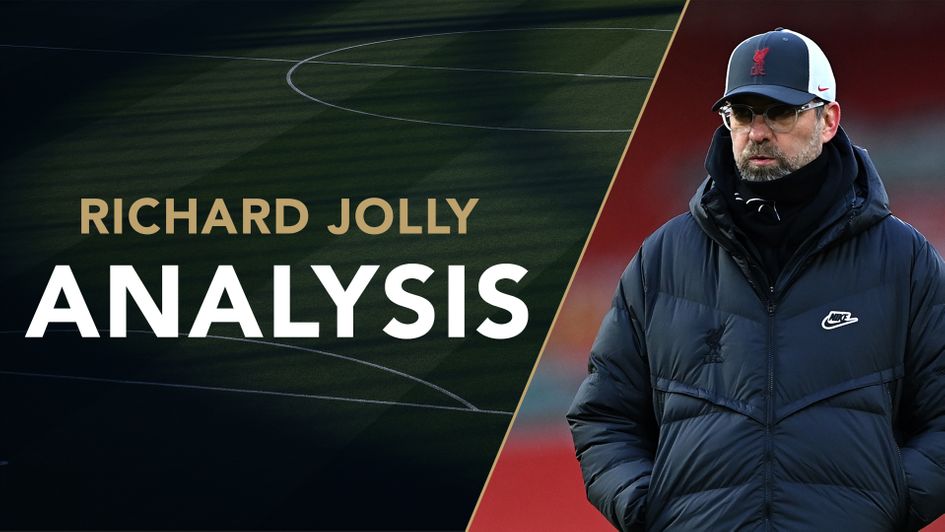When the final whistle is blown on Monday night, Liverpool could sit sixth in the Premier League standings.
The champions are in a fight to qualify for the Champions League. The last Liverpool team to retain the title will remain Joe Fagan’s side of 1984. Jurgen Klopp’s team, according to Roy Keane, are “bad champions.”
They are 27 points down on this stage last season. To put it another way, they have dropped 14.5 times more points than they had after 23 games then. There is a case for arguing their slide began even before they could celebrate, a watertight argument that some kind of decline was inevitable because they had set standards no one else had ever managed in England. It is the scale of what has followed that is surprising.
When they went to Watford in February 2020, they had 35 wins from 36 league games, 106 points from 108. Since then, they have only won half of the subsequent 34 matches, drawing nine and losing eight. That return, of 60 points from 34 games, would bring 67 over a whole season: it is not always enough for a top-four finish. Liverpool have conceded 45 goals in those 34 games; that would amount to 50 over a 38-game campaign and, since 2002, only two of the Premier League’s 72 top-four finishers have been breached as often: Brendan Rodgers’ Reds in 2013-14 and Frank Lampard’s Chelsea in 2019-20.

Defensive statistics can be distorted by the 7-2 thrashing at Aston Villa and affected by Virgil van Dijk’s absence but this season Liverpool rank 11th for expected goals against; as they kick off first this weekend, at Leicester on Saturday, they could conceivably end the game with only six teams having conceded more.
Liverpool peaked defensively in 2018-19, when their xGA per game was 0.76. Since that Watford game, their xGA per 90 minutes is 1.27. It does not help that their goalkeepers’ save percentage is 66.2 – down from 77.1 in 2018-19 – but it also shows more quality chances are created against them.
As attack can be the best form of defence in Klopp’s football, it is worth noting Liverpool have less intensity. They made by far the most tackles in the final third last season (123, when only three others topped 92). Now they are on 59 – an average of 2.56 per game, compared to 3.23 last season – and behind Leicester and only one ahead of Leeds. It is a broader trend, but the lesser physicality most teams have had has taken away some of Liverpool’s advantage.
Going forward, Liverpool top the league for expected goals but one issue is the distribution of goals. They have failed to score five times already, compared to three last season. Last year, they scored two or more 28 times; now they have to do so every game just to match that.

The drop-off is reflected in most players. Mohamed Salah, who is getting 0.79 goals per 90 minutes compared to 0.59, is actually more prolific, but only he, plus the 2020 signings Diogo Jota and Takumi Minamino and the injured Van Dijk have a better ratio this season than last. In contrast, Sadio Mane has gone from 0.59 to 0.37. Liverpool have also had fewer scorers – 11 compared to 17 – with only four players getting more than two and only five more than one, adding to the burden on the regular front three and Jota.
But the biggest decline is in assists: Trent Alexander-Arnold has gone from averaging 0.37 per 90 minutes to 0.15 and Alex Oxlade-Chamberlain is the only player to get an assist both this season and last for Liverpool and to be doing so at a better rate now. One common denominator is a shortage of set-piece goals: Liverpool got 17 last season and only have six now.
The most dramatic shift in Liverpool’s fortunes has come at Anfield: from 68 league games unbeaten to three losses in a row. Liverpool dropped six points at home in two seasons; now they have dropped 13 already. They have conceded 14 goals, already more than in 2017-18 or 2018-19 and only two fewer than in 2019-20.

But their regression is also apparent on the road. They have the joint most draws – five, along with Fulham – whereas, when they won 35 matches out of 36, they almost eliminated the draw. It is no secret their finest form was in front of crowds – they were averaging 2.8 points per game before lockdown last season and it is 1.8 since then – but if their best sequence of results occurred largely in 2019-20, arguably their statistical peak came in 2018-19, when they had a goal difference of plus 67; at the current rate, they will end this campaign on plus 26.
And in the 2021 table, they are 14th, level with their conquerors Burnley, two points behind Sheffield United. Klopp’s teams are no strangers to poor Januarys; this could leave them in a battle to finish in the top four when all of the other contenders have better records in the calendar year.
Manchester City have the best, garnished by that 4-1 win at Anfield. They are following the method that tends to produce champions: consistent winning. Liverpool’s longest winning run in the league this season was three games: the first three. It is a far cry from City’s current sequence of 10 or Liverpool’s totals of 16 and 18 before and after 2019’s draw with Manchester United. Consistency propelled Liverpool to glory. Now inconsistency threatens to cast them out of next season’s Champions League.






